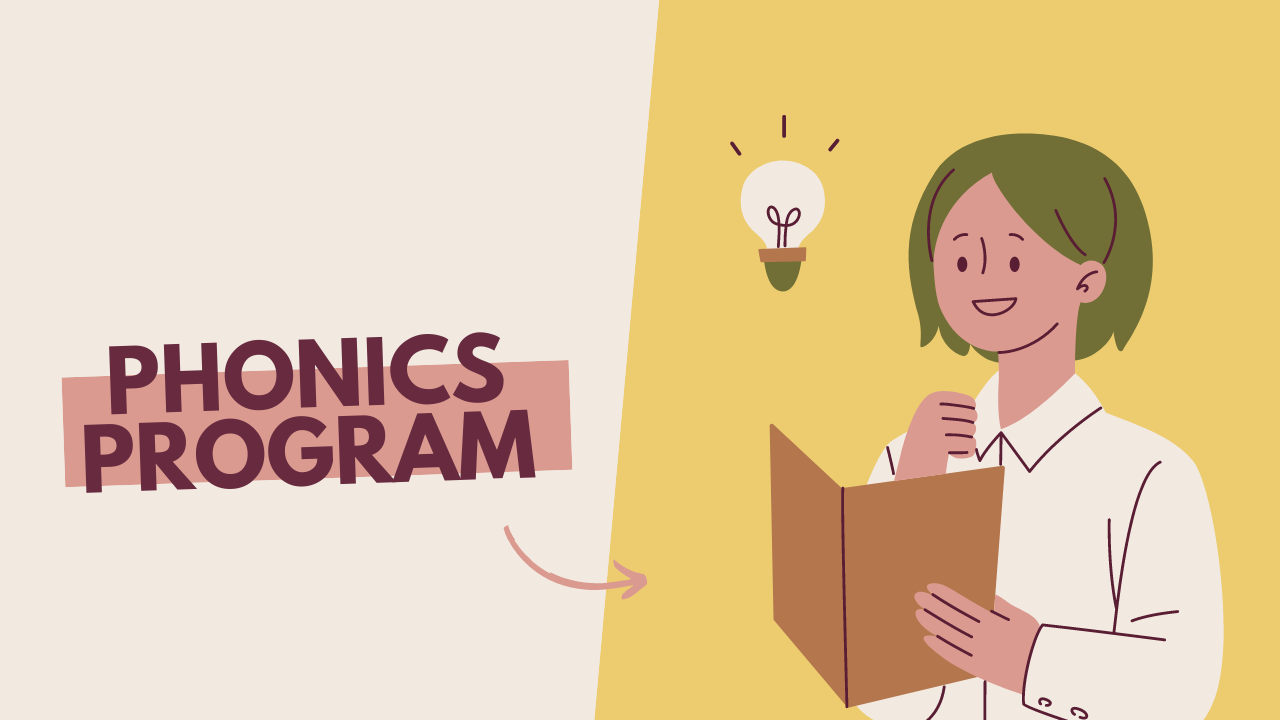Evaluating the efficacy of an online phonics program is crucial to ensuring your child's progress. You may find out if the program is producing the expected results by looking at a few key indications.
Progress Tracking: A robust online phonics program should provide regular assessments and progress reports. Look for platforms that track your child's performance over time, highlighting strengths and areas for improvement. These metrics can help you gauge the program's effectiveness in developing phonemic awareness, letter-sound correspondence, and decoding skills.
Child Engagement: Observe your child's interaction with the program. Are they enthusiastic about the lessons? Do they show interest in practicing phonics skills independently? A child who is engaged in the learning process is more likely to benefit from the program.
Reading Fluency: Assess your child's reading fluency before and after using the online phonics program. Look for improvements in reading speed, accuracy, and comprehension. While phonics is just one component of reading, it plays a vital role in developing fluency.
Real-World Application: Observe how well your child applies phonics skills to new words and reading materials. Are they able to decode unfamiliar words independently? Do they demonstrate a growing vocabulary? These indicators suggest that the program is effectively transferring phonics knowledge to real-world reading.
Parent Satisfaction: Reflect on your own experience as a parent. Does the program provide adequate support and resources? Is it easy to use and navigate? A satisfied parent is more likely to see positive outcomes in their child's learning.
Remember, every child is unique, and progress may vary. It's essential to combine the program with other literacy activities and support to maximize its effectiveness. You may decide whether an online phonics curriculum is appropriate for your child by carefully weighing these aspects.



